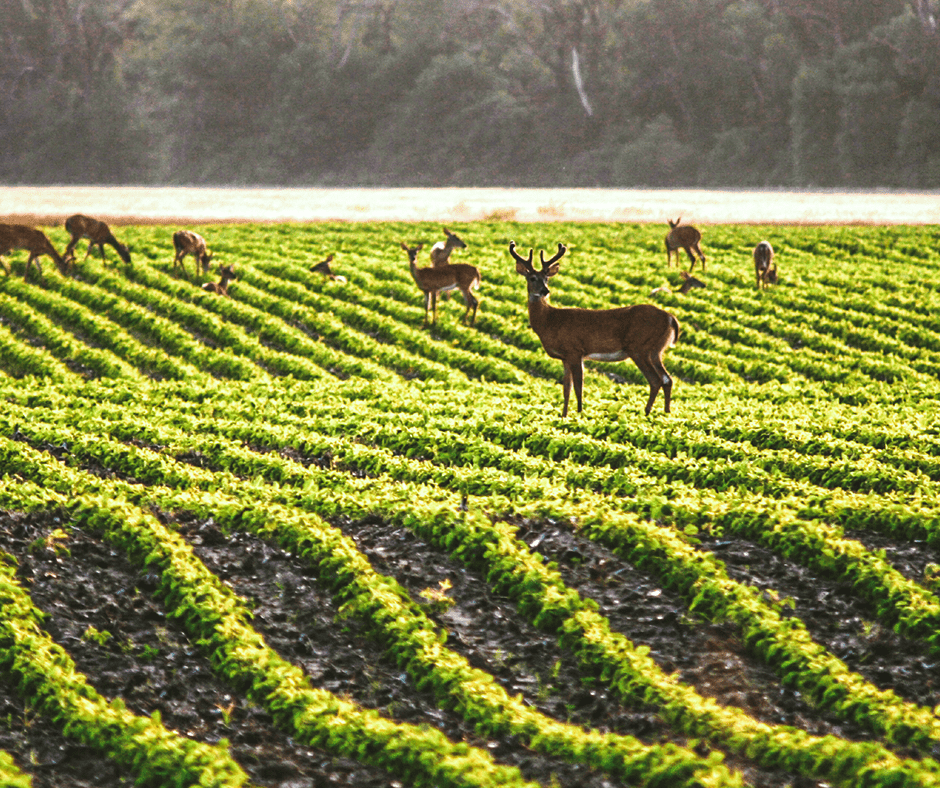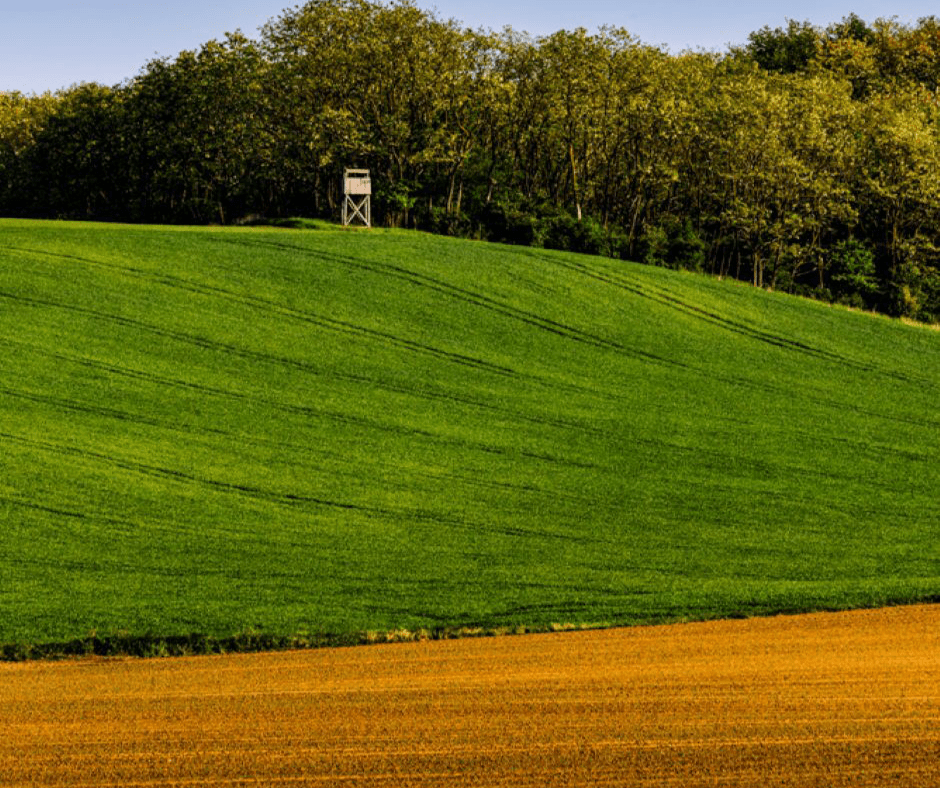When it comes to hunting, one has many options. You can purchase a property, purchase a hunt through an outfitter or lease a property. If you have taken the time to open this article, most likely you are considering the third option which is leasing a property to hunt. Each option has its advantages and disadvantages but in regards to leasing most people enjoy the versatility and flexibility that it offers as well as being less costly when compared to owning land or purchasing an outfitted hunt. In most cases the cost of a lease is similar to or less than what you would be paying for property taxes should you have owned the property and generally will allow you to hunt a property much larger than what most people can afford to buy. Outfitted hunts are simple and less work up front, but typically only allow you 5-7 days of hunting. There can also be a great sense of pride by doing all the work required to set up stands and figure out how best to hunt the property which is typically not the case with an outfitted hunt.

One of the first things when considering a lease is to determine what you want to hunt, how far from home are you willing to travel and what your budget is. If you ask any hunter if they want to shoot a big buck, almost all will answer yes. The reality is that every State has those areas that consistently produce mature whitetails and everyone wants to hunt there. The market dictates what the cost of leases on those properties are and thus every hunter has to be realistic as to what they want verses what they can afford. There are quality deer in almost every state and county where Base Camp operates, just how many and to what degree is truly the driving factor in regards to why some leases cost more than others. For people who have never leased property before there may be a bit of sticker shock as to the cost of a lease. Hunters need to be reminded that most landowners only want to recoup the property taxes on the land they lease and thus even if you owned the property, there is still a cost each year. Once you have established this, below are other factors you may want to consider. Each person must decide which of the items below are most important to them or how to rank the priority of each.
- What the property does and does not have. Is there food, bedding and water on the property. What type of access do you have into potential hunting stand locations and ability to hunt different wind directions. Is the property most likely a transitional area or one that will hold deer. There is no one property that has everything a hunter wants and every scenario or combination listed above can still provide quality hunting. The result of this evaluation may change how you hunt it and what type of animal you put your tag on, but the more of the desired qualities a property has, generally the price will be higher as well. Some hunters prefer almost all wooded ground while others prefer more open spaces. Having bedding areas generally is a good thing but so are those transitional properties that may not hold deer but are where deer will travel when pressured or in a rutting mode.
- Does the landowner live on the property and/or how well can the property be patrolled. For most people, the time spent on a hunting lease is limited and thus understanding this might be a factor in choosing a lease. You are allowed to post leased property and enforce trespassing laws but on some properties you may have to work a bit harder to enforce it than on others. If a property is good enough most hunters are willing to put in the extra effort to do this but that is for each person to decide.
- Study the aerials, not just of the property you are considering but also those adjoining it. Think like a deer and where would you go when the hunting pressure starts. Hopefully it is through the property you want to lease and/or there are areas within it they will run to and bed down.
- Take advantage of being able to inspect the property before you lease it. Again, this is for each person to decide but most hunters want to walk the property and see it firsthand. Look for trails, old rubs and scrapes and assess how the land lays. Can one easily determine where the property boundaries are and how much hunting pressure does there appear to be by the neighbors. Sometimes a drive around the block can also help one determine the overall population of deer or amount of QDM signs posted, all of which can help you decide what you can expect on the property you are considering. If possible, it is generally a good idea to also meet or talk with the landowner.
- Your gut. For those of you who have hunted many years there are times that you just get that feel or vibe when walking a property. No way to explain it or define why one property does and one does not do this for you. Most likely that will not even be the same for each hunter in your group, but there is no denying that it happens, so sometimes you just have to go with your gut.
- If all else fails, call your Base Camp State’s Leasing Agent. This is what they do and will be happy to assist you in any way they can.

In Summary, there are no “perfect” properties and every hunter has to understand what desirables are the most important to them. Be realistic in regards to your budget and what you can expect to get for that. Understand that once you do purchase a lease it may take a couple of years to truly know if it is what you want. If your trail cameras and deer signs are generally positive but your success was limited, it could be due to how you hunted the property or other factors like weather and thus be careful to not fall into the “grass is greener” mentality unless you have proved to yourself that is truly the case. If all other research and analysis of pro’s and con’s fail, sometimes you just have to trust your gut.

Leave A Comment